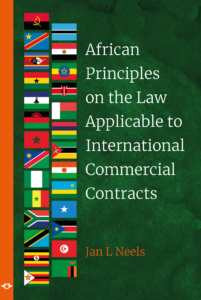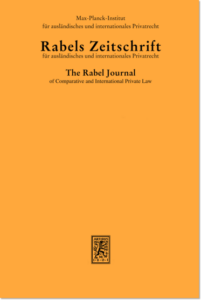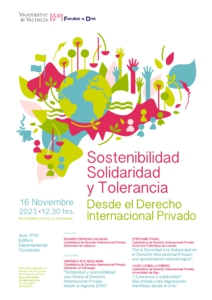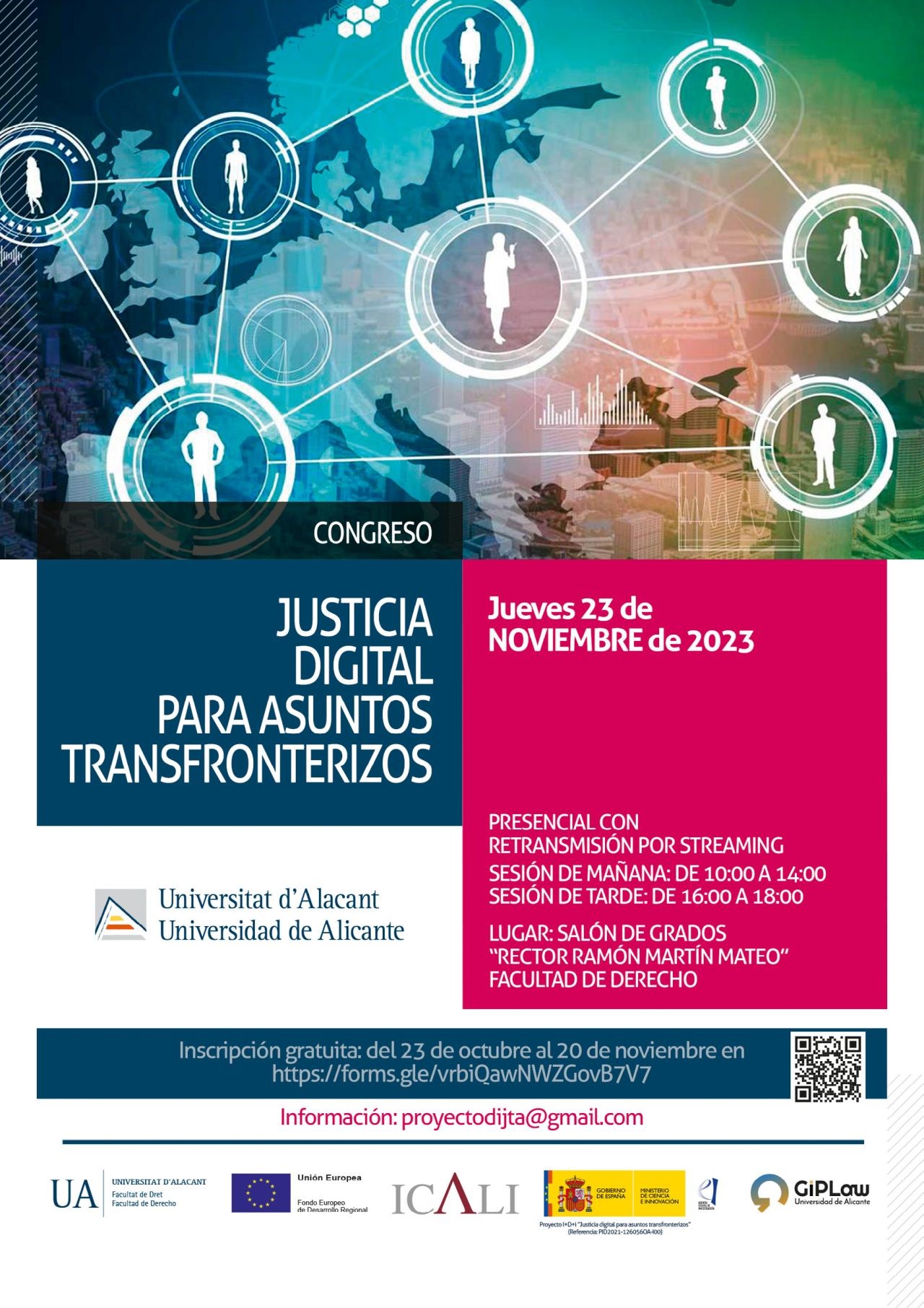New Edition of Leading Canadian Conflict of Laws Treatise
A loose-leaf publication tends to stay as current as the most recent set of insert pages, and so identifying it either by its initial year of publication or its edition number can be misleading. For many years the leading Canadian work on private international law has been the 6th edition of Castel & Walker Canadian Conflict of Laws, with that edition first appearing in 2005. For nearly two decades, then, it has had the same year of publication and edition number, but as a loose-leaf (and as available through an electronic subscription) it has been kept quite up-to-date on a frequent basis. Now comes a new edition, the 7th, published in 2023 and with a revised title. The text is now called simply Canadian Conflict of Laws and its sole author, as was the case for the 6th edition, is Professor Janet Walker of Osgoode Hall Law School. The change in the title reflects the completion of a long process of transition from the original edition (1975) as written by Professor Jean-Gabriel Castel through some editions that were co-written by Professors Castel and Walker. Detailed information about the new edition is available here. It remains an indispensable resource in the Canadian context and beyond.



 In May, the Hamburg Max Planck Institute organized an
In May, the Hamburg Max Planck Institute organized an  On 16 November 2023, on the “International Day of Tolerance”, Prof. Rosario Espinosa Calabuig, is organising a new International Seminar, this time under the title: SUSTAINABILITY, SOLIDARITY AND TOLERANCE FROM PRIVATE INTERNATIONAL LAW.
On 16 November 2023, on the “International Day of Tolerance”, Prof. Rosario Espinosa Calabuig, is organising a new International Seminar, this time under the title: SUSTAINABILITY, SOLIDARITY AND TOLERANCE FROM PRIVATE INTERNATIONAL LAW.
